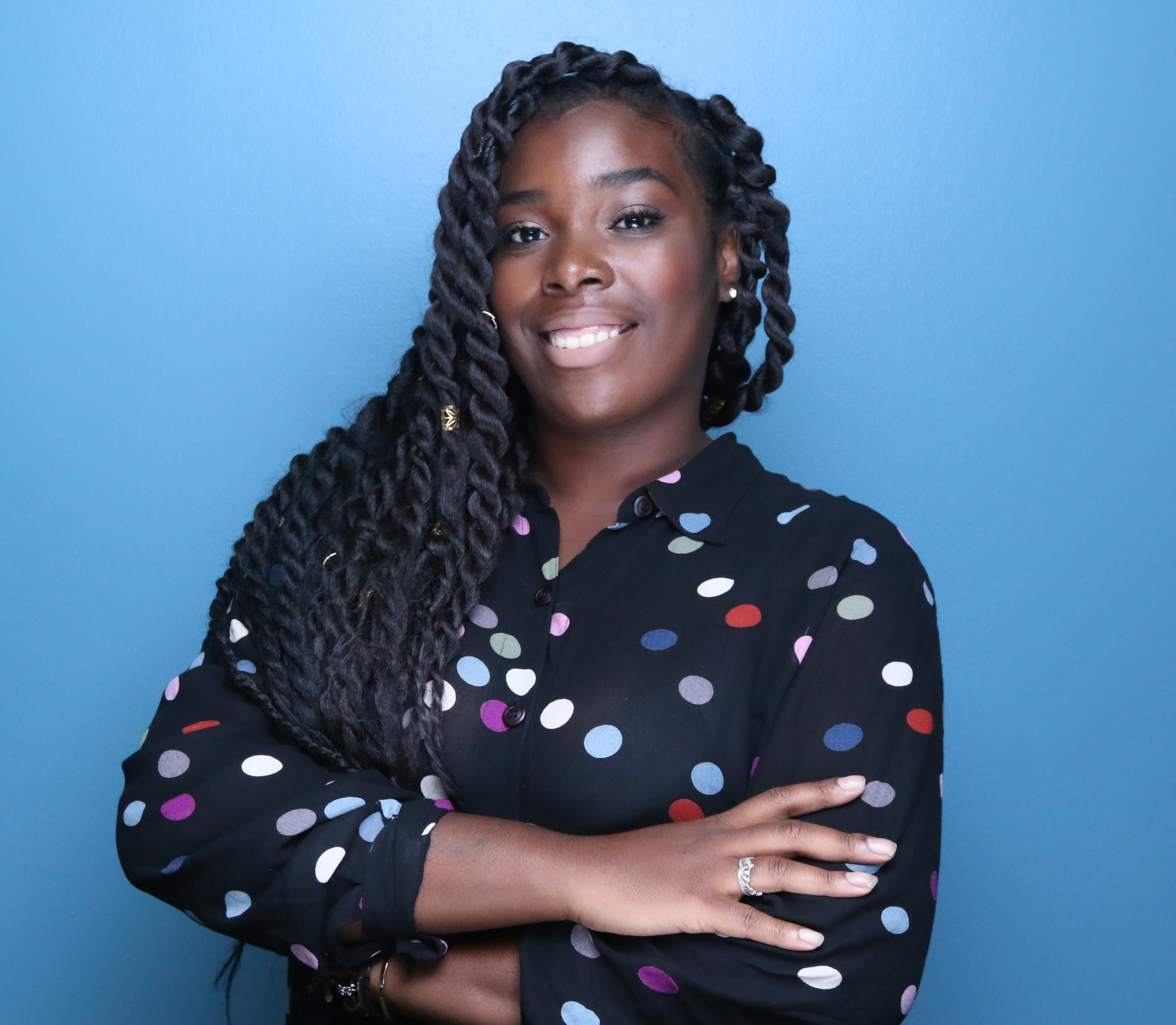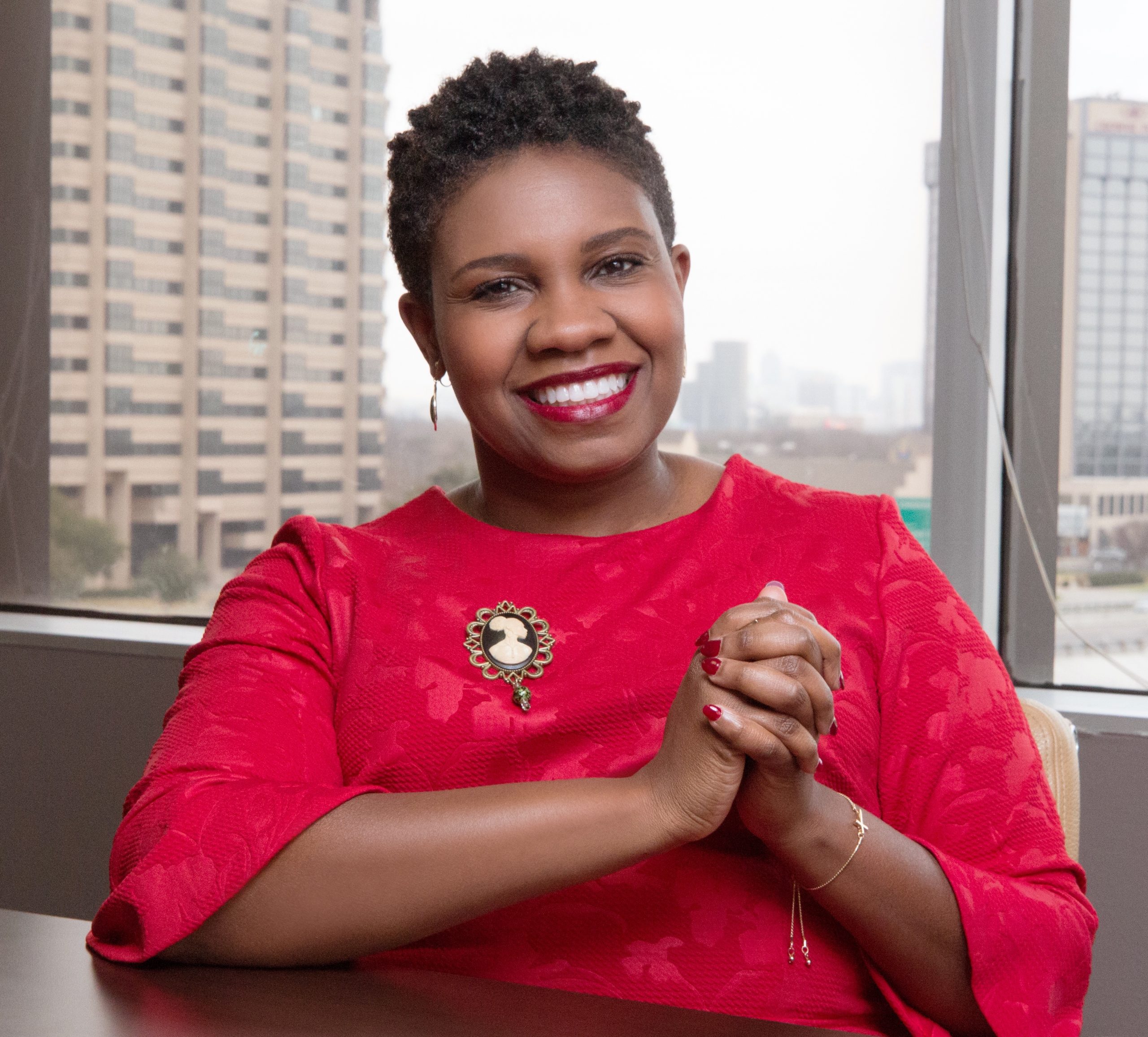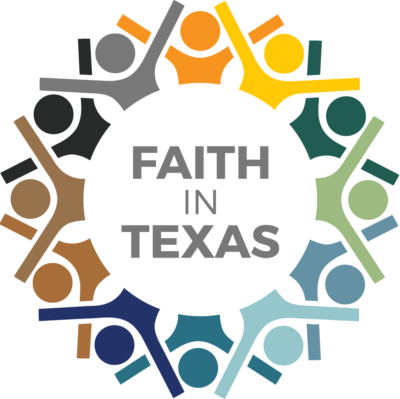North Texas nonprofits have had a year like no other. The pandemic increased need and demand to unprecedented levels. It decimated the volunteer force and disrupted in-person fundraising efforts that so many rely on. … Smaller nonprofits are suffering in a similar fashion without in-person fundraising opportunities. Faith in Texas is a grassroots nonprofit that tackles community needs by organizing faith-based organizations like mosques, synagogues, and churches. It strives to educate people on how they can effect change through programs like its voter engagement initiative. At the onset of the pandemic and as the Black Lives Matter movement poured into Dallas’ streets, Faith in Texas addressed the spread of the virus among the jail population that didn’t have the money to bail out while awaiting trial. Faith in Texas launched the 4:18 Luke Bail Fund, attracting donations from individuals, small businesses, and student groups. This year, with fewer congregations meeting in person, Faith in Texas’ fundraising opportunities have decreased significantly. Akilah Wallace, the nonprofit’s executive director, says the organization hopes the money from North Texas Giving Day can go toward its effort to convince Dallas County to invest more money into direct social services. In 2019, the event helped Faith in Texas raise $5,026, and this year they’ve raised $1,384 through early giving. “We are really grateful for the North Texas Giving Day and the CFT team for the way they helped center organizations that address racial inequity in North Texas as well as voter engagement efforts and issues-based organizing,” says Wallace. Excerpted from D Magazine. Read the full article here.
Tiara Cooper in KERA News: Dallas Activists Host Town Hall to Discuss Police Budget
The City of Dallas recently began a series of virtual town halls to discuss the proposed budget for the upcoming fiscal year. The meetings are a way for residents to weigh in on how their tax dollars are being spent, but some residents say the online meetings have been full of “shenanigans,” like people getting muted and written-in messages being ignored. “They don’t want to hear us,” activist Tiara Cooper shouted to a crowd of about 70 people outside of Dallas City Hall on Friday evening. Chairs were arranged with each council member’s name on them, but none attended the event. “They don’t want to listen! But we’re gonna make them feel us today. This is the People’s Town Hall. We want to give everyone a chance to speak tonight. To share their thoughts.” … Tiara Cooper was one of the emcees of the People’s Town Hall. She’s from South Dallas and organizes for the group Faith in Texas. Cooper was formerly incarcerated and works to organize other formerly incarcerated people around causes like this. And she said participating in the city’s virtual meetings reminds her of the criminal justice system. “It reminds me of going to jail. It reminds me of being powerless. Even just listening to the people who do get to ask questions makes me feel so powerless,” she said. “These ‘conversations’ aren’t conversations. People don’t have time to actually speak on the issues they want to speak on. They’re very limited. And there isn’t enough access to the meetings either.” Cooper said the sentiment that isn’t being allowed to be voiced at the city’s virtual town halls is that police don’t make everyone feel safe. “Police never have made us feel safe,” Cooper said. “And I’m not surprised when I see crime in my over-policed neighborhood, because there’s a lack of resources. We need our needs to be met in order to be safe. And that’s what I feel isn’t coming across in these meetings.” Excerpted from KERA News. Read the full article here.
Akilah Wallace in DMN: How the DFW Community Can Remove Barriers to Fundraising for Black Philanthropies
More than half of Black Philanthropy Month has passed. It will culminate with Give 8/28 on August 28. Akilah Wallace — executive director of Faith in Texas, founding chair of HERitage Giving Fund and Young Black & Giving Back Institute 2019 Philanthropist of the Year — helped kick off the effort earlier this month. In the lead-up to Give 8/28, we asked her about the state of Black philanthropy in D-FW. Here’s what she shared. You’ve said that women of color are not well-represented in D-FW’s philanthropy and nonprofit sectors. What needs to happen for that to change? First, institutions need to invest in Black and brown women who are already running nonprofit programs by giving them equitable pay and benefits. Additionally, they need to invest in training and development to help those women hone their skills beyond programmatic services and/or to assess what transferable skills they already have that will put them on a trajectory for higher-paying job opportunities as directors, VPs and CEOs. I started off as an executive assistant at Dallas Women’s Foundation (now Texas Women’s Foundation), and thanks to intentional support from President and CEO Roslyn Dawson Thompson, I earned my nonprofit management certificate from the Center for Nonprofit Management, participated in a nonprofit leadership development program through ConnectThree and ultimately became a stronger relationship manager. All of that prepared me to become a nonprofit executive director and philanthropy influencer. … Research has shown that organizations led by people of color win less grant money and are trusted less to make decisions about how to spend those funds than groups with white leaders. What are the influences here? Is this just straight-up racism? Yes, in summary, these disparities are due to racism. However, most white leaders will balk at such a claim because they don’t understand the systems of white supremacy from which they benefit. A study from The Chronicle of Philanthropy touches on philanthropic redlining and circular logic. However, it was only after reviewing the White Culture Norms and Habits diagram provided by Dallas Truth, Racial Healing & Transformation that the countless conversations I had with people of color, especially Black women, in the sector about barriers to fundraising became inevitably clearer. Let’s start with “outcomes before inclusion.” Many people-of-color-led organizations are initially self-funded, with little help from personal networks. However, they still manage to source needed supplies, gain volunteer support, and barter services to help whom they can in our most vulnerable communities. Grant applications require extensive impact numbers and scalability to award only small grants (up to $15,000) and no general operating support to meet these expectations. This reduces the chances of these nonprofits for inclusion in the pool of six- and seven-figure candidates. … What’s the significance of August 28? Thanks to Ebonie Cooper Johnson, who founded the Young, Black & Giving Back Institute, August 28 is an annual date when Black-led and Black-serving nonprofits across the nation have the opportunity to raise funds for their general operating and programs. It’s a day when they aren’t in competition with thousands of others like them on Giving Tuesday or North Texas Giving Day. August 28 was chosen for the historical references. It’s the date Emmitt Till was murdered in 1955 by a white lynch mob when Dr. Martin Luther King Jr. gave his 1963 “I Have a Dream” speech in D.C. and other significant events in Black history. … Excerpted from Dallas Morning News. Read the full interview here.



